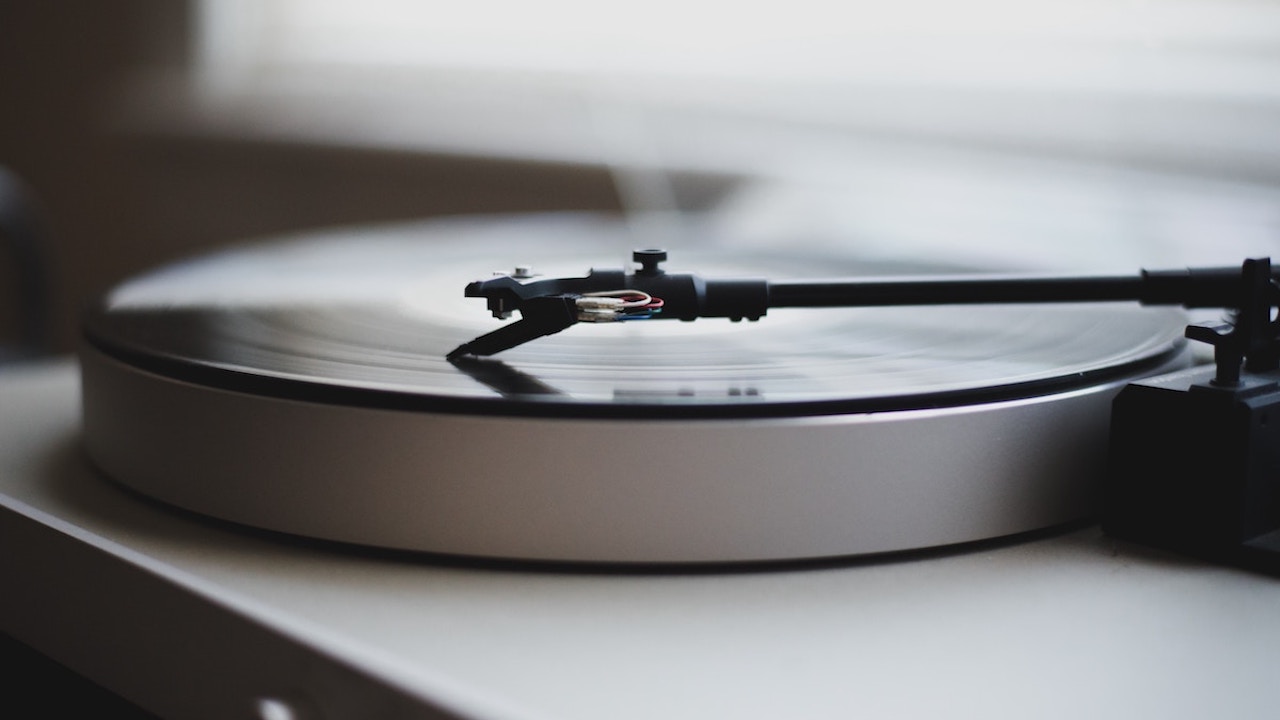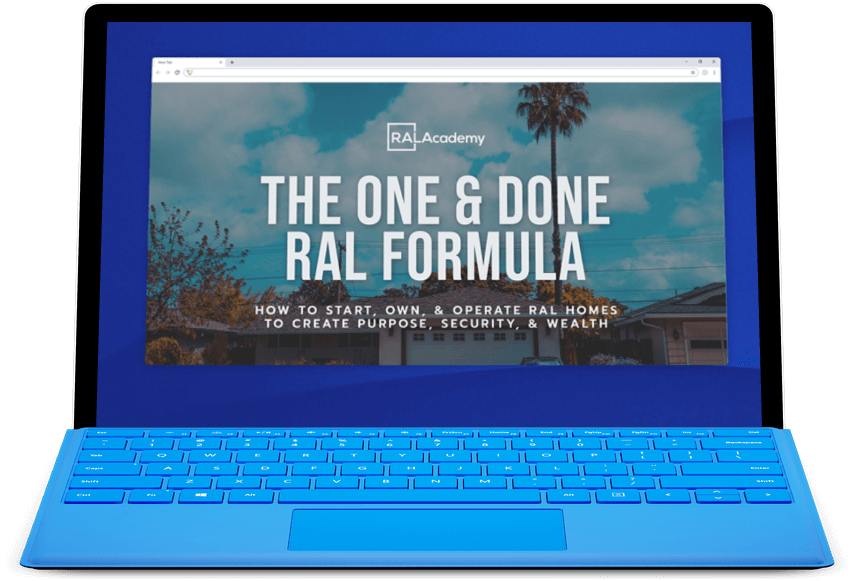According to Johns Hopkins Medical Research, music can be considered medicine for your mind.
It is said to improve memory, eliminate stress, encourage motivation and decrease the pain of chronic illness.
Research shows that music can literally improve the quality of life.
In fact, music is shown to have many positive effects on a person’s well-being.
Firstly, it’s stimulating.
According to neuroscientists, music offers hits of dopamine that actually heightens positive emotions.
Listening to music can prevent increases in heart rate and blood pressure. It also decreases stress levels.
Managing stress is an important skill, not only for seniors but for all people. In residential assisted living it is worth recognizing the following effects music can have on residents:
This Article Will Discuss Fours Ways Music Can Serve As Medicine To The Mind
- Music Supports Memory Function In Adults With Dementia
- How Technology Helps
- Seven Positive Results of Using Music for Residents with Dementia
- Music Therapy Revives Residents
MUSIC SUPPORTS MEMORY FUNCTION IN ADULTS WITH DEMENTIA
Music is enjoyed by all ages and backgrounds all over the world. It is often used as a universal language.
Do you know the great effects music has on the brain? Music has been used as a form of therapy for more than 30 years.
It also supports memory function in the treatment of older adults with dementia. Researchers have discovered that music can actually make the mind move.
Music therapy works when therapists work with seniors using musical expression.
Music therapists play an important role in the process because music has the ability to invoke memories, feelings, and sensations.
It is important to responsibly deal with all of these responses to music when an individual is suffering from dementia.
Music ignites a very intimate relationship with the unconscious. The feelings and sensations are so strong with some residents that they cannot remember who they are.
Therapists have found that listening to personal music for 30 minutes a day improved the resident’s experience, especially those with dementia.
HOW TECHNOLOGY HELPS
Using iPods with headphones in residential assisted living facilities has been proven to be very effective.
Headphones help to calm residents who get aggressive or suffer from depression, whether they are experiencing dementia or not.
The reason why personal devices prove most helpful is that music of their choice brings each resident a personal sense of great joy.
Music brings back memories and emotions which helps the residents recall their past.
During the John Hopkins research, it appeared as though the personal choice of music brought back their individual identity, as well as greater participation with others in group activities.
This is important because group participation helps residents not feel so isolated. In addition, professional musical therapists are trained on how to get residents up and singing.
Therapists are also able to detect if a certain song creates a bad vibe for a specific resident. Music can uplift residents, but it can also remind them of troubling experiences in their life.
Individual music devices allow the resident to choose what they hear, so as to protect them from experiencing unwanted memories. Therapists are able to provide guidance in developing playlists that put each resident in a good space.
Most importantly, music allows elderly patients to recall memories that spark and stimulate the brain.
It promotes the overall physical and mental well-being of all residents.
7 POSITIVE RESULTS OF USING MUSIC FOR RESIDENTS WITH DEMENTIA
- Memory Recall
- Mood and Emotional State Improvement
- Identity Stability
- Management of Pain and Discomfort
- Effective Stimulation
- Social Opportunity
- Physical Rehabilitation
MUSIC THERAPY REVIVES RESIDENTS
Music is assisting older adults to increase their levels of physical, mental, social, and emotional functioning.
It has been found to help stimulate and maintain quality of life by functioning as an interpreter.
For example, dementia is considered a degenerative condition, but music therapy promotes communication for residents with trouble expressing basic needs.
Music opens unique paths to communicate with residents who feel isolated.
Memory is a mental system that receives, stores, organizes, alters, and recovers information from the sensory output.
John Hopkins therapists found that music is tied to our memory and emotions. As a result, it has a strong effect on mood and thinking.
It gives residents a renewed sense of identity, happiness and motivates seniors to get involved in useful group activities.
Music is unquestionably a key factor that residential assisted living caregivers should consider to help seniors reconnect with society, get exercise regularly, engage in group activities and enjoy life.
RAL ACADEMY HELPING CAREGIVERS TO MAKE AN IMPACT
There is a lot of information and new research needed in order to run and operate a residential assisted living home.
In addition to various webinars, resources and the RAL Academy 3-day course, the academy offers ongoing support for students who need it.
Instructors use an interactive live training approach to teach students how to gain the most success. Participants learn everything from A to Z about how to run a RAL business.
Contact the academy today to learn the strategic skillset and support structures needed to launch your RAL business to the next level.
Visit www.RALAcademy.com to learn more about music therapy and quality care.




